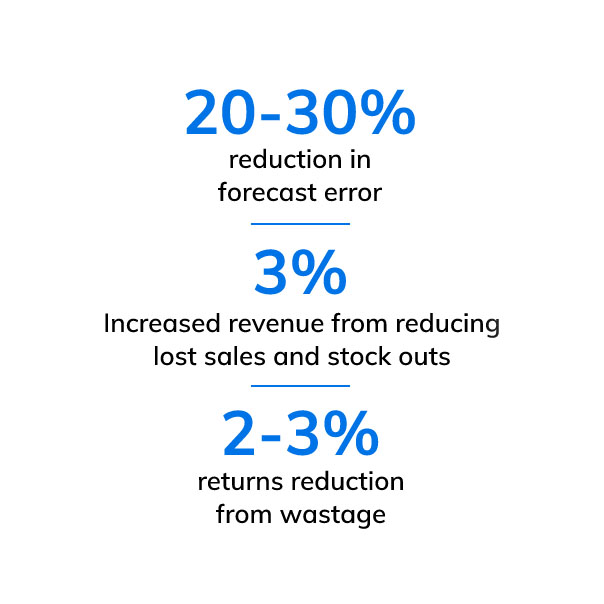Consumers are especially hard to satisfy when it comes to products they buy repeatedly and consider substitutable. Consumer products (CP) and consumer packaged goods (CPG) companies, especially providers of perishable foods and other time-sensitive goods, have embraced DSD business models that take a soup-to-nuts approach to achieving customer loyalty, assuming full responsibility for product availability all the way to the retail shelf. The benefits of this model lie in ultimate control over the right SKUs appearing on the right store shelves at the right time, but with that comes the responsibility of coordinating a large network of store delivery teams with up to tens of thousands of routes. They also need to win the business trust of retail customers who may have conflicting shelf-stocking obligations to other CP and CPG competitors with substitutable product. And in the case of perishable products with limited shelf-life, the imperative to minimize waste makes this model especially valuable, but challenging.
Accurately forecasting the perfect order for each store location and then successfully coordinating the execution of each order between planners and route managers, at scale, is the ultimate goal.






